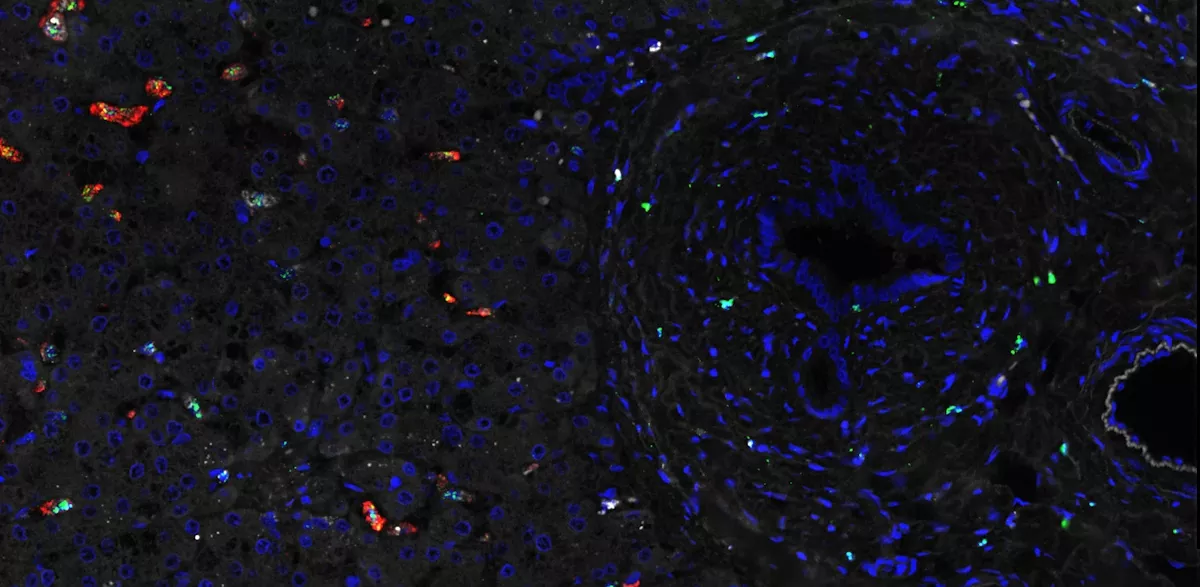Research

Investigating How Immune Cells Regulate the Development and Repair of Fetal Organs
We study how immune cells may regulate the development and repair of fetal organs. Our research is currently focused on the development of the liver and bile ducts as the fetal liver is ripe with interactions between developing hepatocytes/cholangiocytes and the hematopoietic system. We are interested in identifying key relationships and interactions between immune cells and developing tissues in both the steady state and during fetal injury. Using advanced surgical techniques in mouse models, we are able to manipulate and induce injury in fetal organs. We have also employed “discovery” approaches to identify novel cell types and pathways that may serve as a link between the immune system and fetal development.
